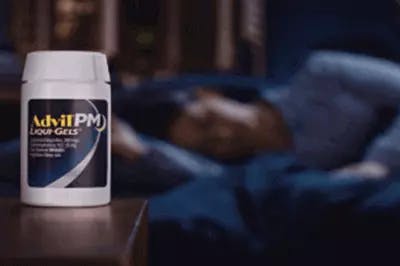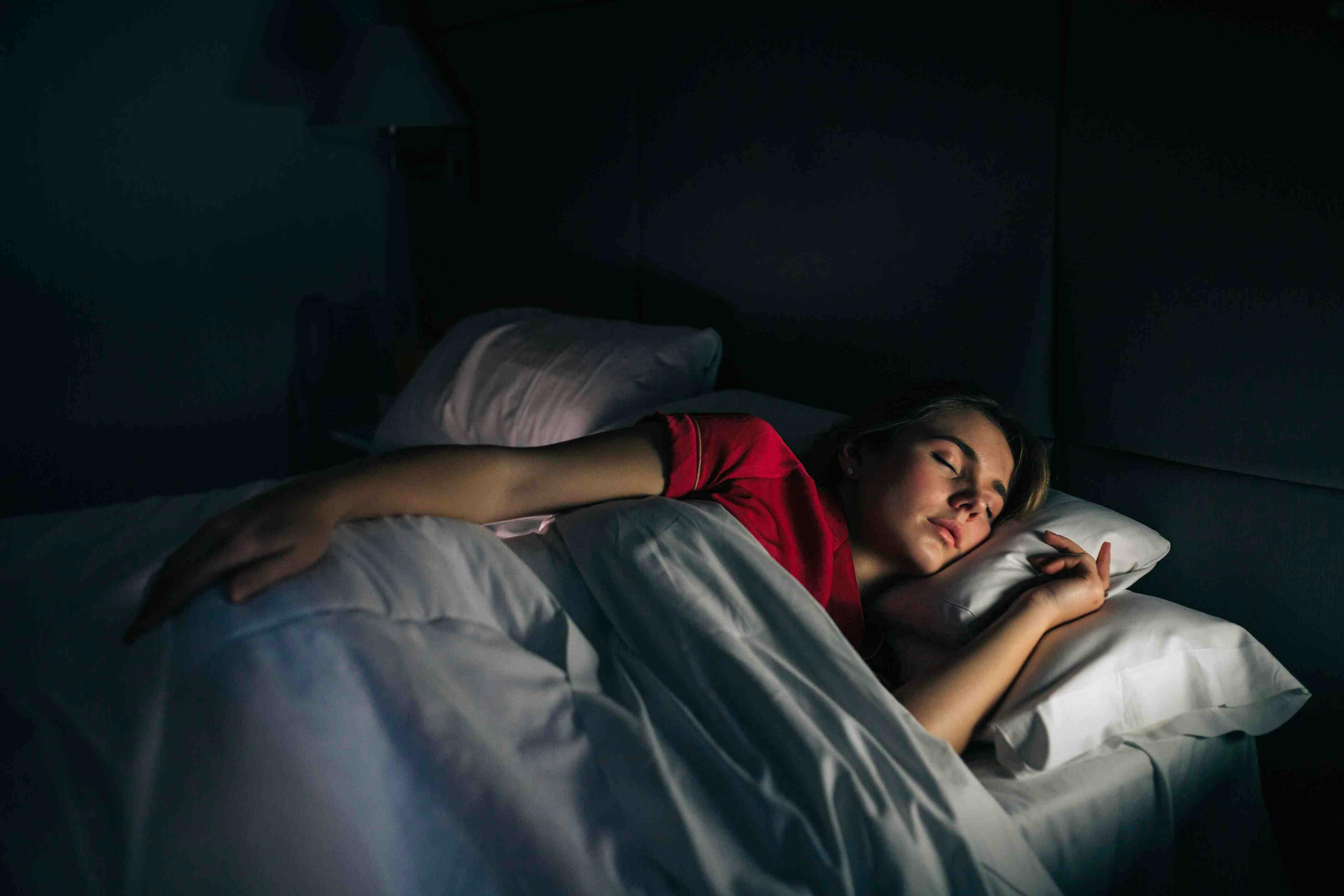How to Get a Good Night's Sleep
How can I get a good night's sleep? It's the question I hear most often from patients, so many of whom have difficulty falling asleep and staying asleep. The body is built to sleep. Among the best sleep strategies are those that promote the body's natural sleep drive:
Consistency is key
Keeping a regular sleep schedule is the single most important step you can take to improve your sleep. This means going to bed and waking up at the same time every day, even on the weekends. Research shows that this regularity in daily routine improves sleep.
"Keeping a regular sleep schedule is the single most important step you can take to improve your sleep"
Why does a regular bedtime and wake-time schedule matter so much? Sleep-wake cycles are governed by the body's circadian clock. It is this internal biological clock that keeps us on a 24-hour cycle of rest and activity. The body's circadian clock is highly sensitive. It can be thrown out of sync by small or significant changes to schedule, the result of jet lag or rotating shift work. But circadian rhythms are also influenced by much smaller fluctuations in routine.
A change in bedtime or wake time of as little as an hour can cause the circadian clock to re-set. These changes cause disruptions to sleep.
Sunlight helps
Exposure to direct sunlight helps to reinforce the rhythms of the body's circadian clock. Sunlight is absorbed through the eye's retina and transmitted as electrical signals to the optic nerve. The optic nerve then communicates with the suprachiastmatic nucleus, a cluster of cells at the base of the brain that govern the circadian clock. Through this pathway, sunlight confers the message to your brain that it is time to be awake and alert. Exposure to sun — especially early in the day — can help boost daytime energy. Later, when darkness falls, the body is more prepared to wind down toward a night of restful sleep. Daytime sun exposure stops the production of melatonin, a hormone essential to promoting sleep. Even 10 minutes spent outdoors in the morning can improve your sleep at night.
Control the caffeine
There's no reason to give up caffeine completely. You just need to consume caffeine wisely during the day, so that it doesn't interfere with your sleep at night. The effects of caffeine can linger in the body for as many as 8-10 hours, so it's best not to consume caffeine after 2 p.m. I recommend drinking your most caffeinated beverage first thing in the morning, and reducing caffeine intake as the day goes on, becoming caffeine-free by mid-afternoon.
Tend to your aches and pains
Pain is an obstacle to sleep. The presence of pain at bedtime makes it harder to fall asleep, and more difficult to stay asleep. Pain reduces time spent in the deepest phases of sleep, which are critical to healing and restoring the body's energy and vitality.
"Pain reduces time spent in the deepest phases of sleep"
Advil PM is a non-prescription sleep aid that also relieves minor aches and pains. Left unaddressed, nighttime pain can undo much of the good that healthy sleep habits provide.
A strong sleep routine is the foundation for a lifetime of healthy rest. Consult your physician if you have trouble sleeping on a regular basis.
Michael J. Breus, Ph. D., is a Clinical Psychologist with a specialty in sleep disorders. He is the author of The Sleep Doctor's Diet Plan: Lose Weight Through Better Sleep (Rodale Books; May 2011) and BEAUTY SLEEP: Look Younger, Lose Weight, and Feel Great Through Better Sleep.








